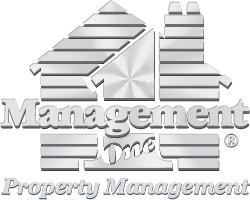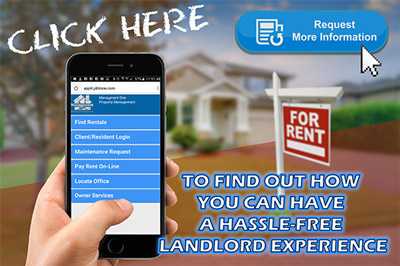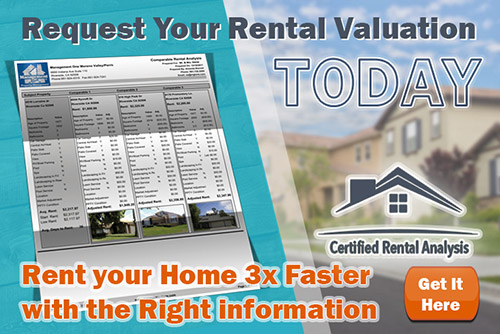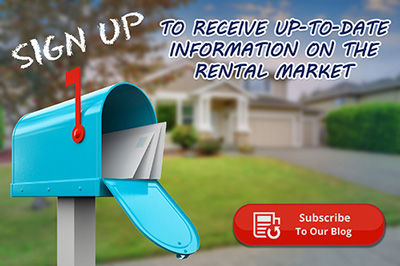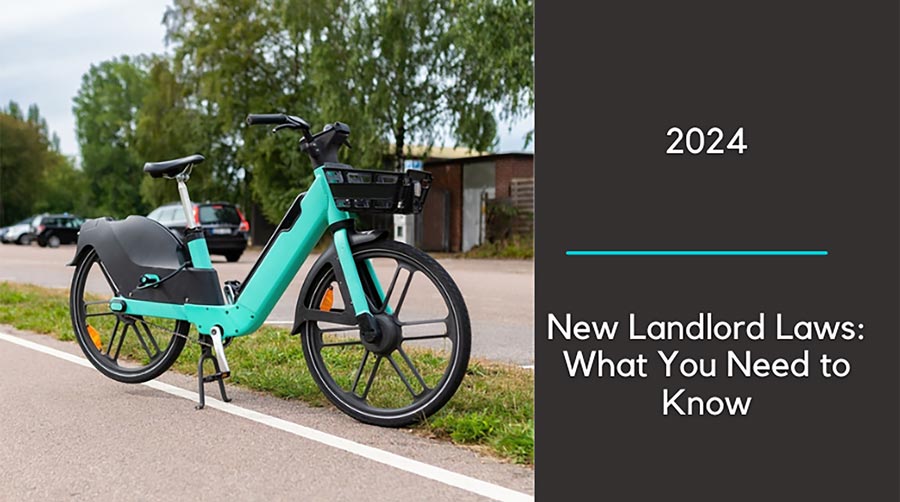
New California Landlord Laws for 2024: What to Know
Every year ushers in a fresh set of regulations for landlords, and 2024 is no different. The upcoming changes encompass various aspects such as Section 8 applicant guidelines, security deposit thresholds, and more. Fortunately, not all these regulations became effective on January 1st, allowing property owners and managers ample time to get ready for these changes. The purpose of this article is to give a brief overview of the new laws. We will take deeper dives into each topic throughout the year. Let's delve into the most important new laws that demand your attention.
Section 8 Applicants
Several years ago, a mandate was established requiring all landlords to accept Section 8 housing vouchers for their rental properties. This meant that if you had a property available for rent, you were obligated to consider applicants with these vouchers. To be eligible, Section 8 applicants had to meet the same qualifications as any other prospective tenant. They still needed to demonstrate an income equivalent to three times their share of the rent and maintain a more positive than negative credit history, among other requirements.
However, in 2023, Governor Newsome signed SB 267, introducing a significant change. This new law allowed individuals with Section 8 vouchers to choose not to have their credit score used as a determining factor when applying for rental properties. Nevertheless, these applicants still needed to provide evidence of their ability to cover the rent through means such as paystubs, bank statements, and positive rental references.
The primary objective behind this new law is to address the loophole that allowed landlords to deny Section 8 applicants solely based on their credit history. The underlying assumption was that those on Section 8 often had poor credit, which this legislation aims to rectify.
Security Deposits
When discussing security deposits, it's important to address the regulations concerning security deposits for all types of applicants. Prior to July 1st, 2024, landlords had the liberty to charge up to 2 months' rent for an unfurnished dwelling and up to three months' rent for a furnished property. However, significant changes are on the horizon.
Starting on July 1st, 2024, landlords will be limited to charging only one month's rent as a security deposit, regardless of whether the property is furnished or not. There is an exception tailored for what is termed "small" landlords. The criteria for being classified as a "small" landlord are as follows: 1) an individual person or a limited liability corporation in which all members are individual persons and 2) ownership of no more than two residential properties, encompassing a total of no more than four dwelling units available for rent. For furnished or unfurnished properties, a small landlord is allowed to collect up to two months' rent as a security deposit. It's worth noting that members of a trust are regarded as "individual persons" in this context.
Personal Micro-Mobility Devices
Electric bicycles (ebikes) and electric scooters have gained immense popularity. In 2022, ebike sales in the US skyrocketed, reaching a staggering $1.2 billion in revenue. These remarkable vehicles are powered by lithium-ion batteries. However, it's important to acknowledge that lithium-ion batteries have garnered a negative reputation, and for good reason—they pose a fire hazard when mishandled. Fires resulting from these batteries can be highly intense and release toxic fumes. Consequently, many landlords began prohibiting the storage of such devices within homes or apartments.
In 2023, SB 712 was passed, prohibiting landlords from imposing a blanket ban on these devices. Effective from January 1st, landlords are now required to choose one of the following options:
- Allow occupants to store and charge these devices within the home if certain conditions are met.
- Provide suitable storage for these devices on the premises.
But what are the specific "certain standards" for allowing storage within the home? To be eligible for indoor storage, the device must meet the following criteria:
- It must not be powered by a motor.
- It must comply with safety standards.
- It must be covered by the renter's insurance policy.
Regarding appropriate storage on the premises, it must meet the following requirements:
- Be protected against moisture.
- Include a minimum of one standard electrical connection per micromobility device intended for storage and charging at that location.
- Landlords are not permitted to charge residents extra for this storage option.
Additional regulations encompass provisions for reasonable accommodation for individuals with disabilities, adjustments to application fees, and alterations for property owners intending to reclaim their residence. In upcoming editions of the newsletter, we will provide comprehensive coverage of these topics. For real-time updates and changes pertinent to rental property ownership, be sure to follow us on social media.
